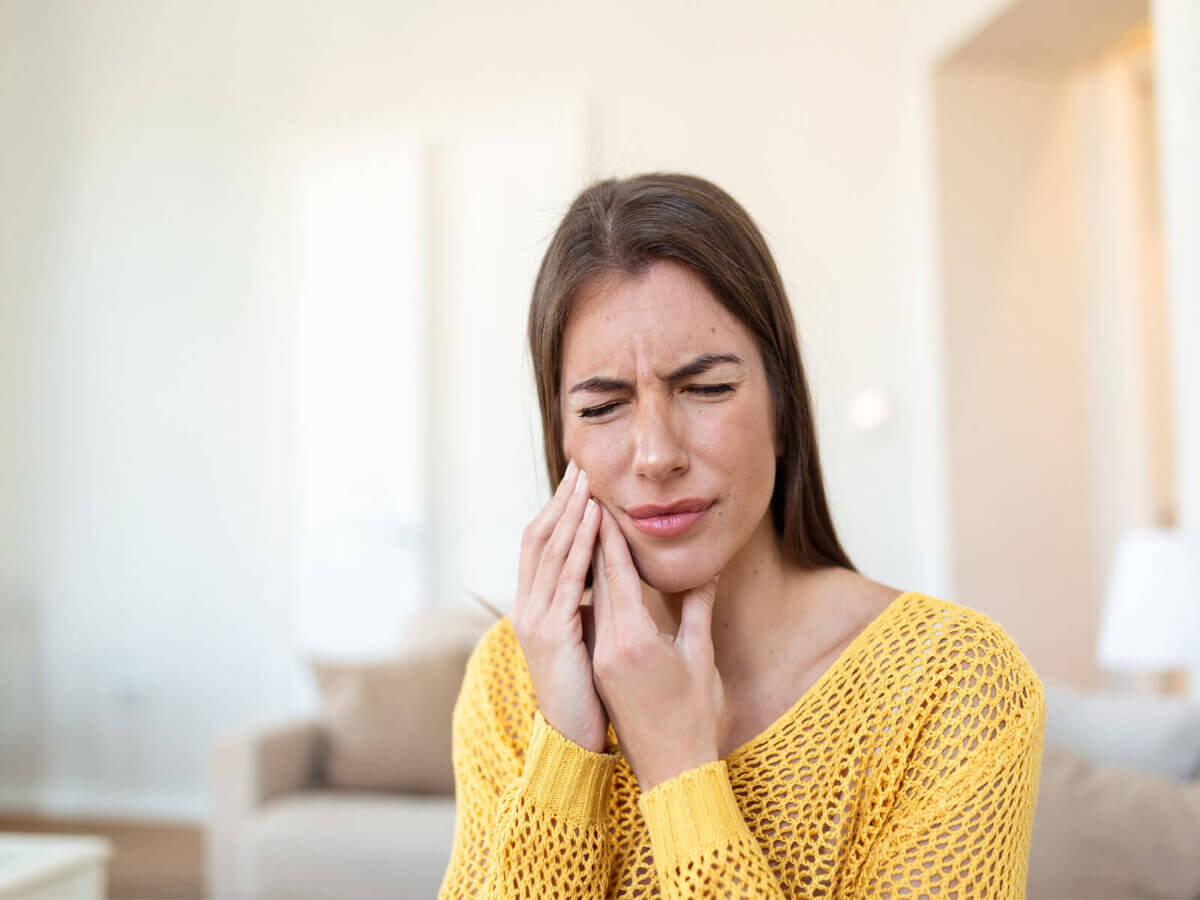Blog
Dental hygiene tips for healthy teeth & gums

Is Tooth Loss An Inevitable Part of Aging?
Yes, it’s a widespread belief that tooth loss is an inevitable part of aging. This association between tooth loss and advancing years has led to the common image of dentures as a staple of retirement. However, it’s time to challenge this myth and explore the factors that affect periodontal health throughout life.
Busting Myths: The Relationship Between Tooth Loss and Aging
Contrary to popular belief, tooth loss is not directly caused by aging. The real culprits are lifestyle, dental hygiene practices, and overall health. While certain dental issues may become more prevalent with age, tooth loss is not a foregone conclusion.
Emphasizing proper dental care is crucial. Good oral hygiene habits, including regular brushing, flossing, and dental check-ups, are key in preventing gum disease and tooth decay, the primary causes of tooth loss.
Daily lifestyle choices significantly impact dental health. Risk factors like smoking, excessive alcohol consumption, and a diet high in sugars and acids are notorious for exacerbating gum disease and tooth decay.
You can modify these lifestyle aspects at any age, debunking the myth that tooth loss and aging are inseparable. By maintaining a consistent oral care routine, you can preserve your natural teeth regardless of age.
New Dental Technology: A Lifetime of Healthy Teeth
Advancements in dental technology have made it possible to keep natural teeth well into old age. Innovations and a focus on preventative care are reshaping dentistry and aiding in the maintenance of oral health.
Preventive dentistry plays a crucial role in dispelling the myth of inevitable tooth loss with aging. Regular dental check-ups and cleanings are vital in preventing tooth decay and other oral issues.
Addressing emerging problems early is essential in reducing tooth loss. Dentists and patients collaborate to ensure good oral health through preventive measures.
Improving Dental Hygiene Over Time
Gum conditions, like gum disease, can significantly impact how long your teeth last. Regular dental check-ups and good oral hygiene can help prevent gum disease. Seeking dental advice promptly at the first sign of gum issues, such as swelling or bleeding, is vital.
As we age, the risk of certain dental issues increases. Factors like reduced saliva production, medication side effects, and other health conditions can complicate oral health. With awareness, proactive measures like using saliva substitutes or adjusting medications can be taken in consultation with a dentist.
Conclusion
Oral hygiene is a lifelong commitment. Keeping patients informed about the latest in dental care helps them make better decisions for their oral health.
Active engagement in their oral health journey and open communication with their dentist is crucial for patients. Tooth loss is not a mere consequence of aging. By actively preventing dental issues, people can maintain their natural teeth well into their later years.
It’s time to spread awareness and dispel misconceptions about tooth loss and aging. Taking good care of your gums and teeth is vital at every age to maintain a bright and healthy smile.


